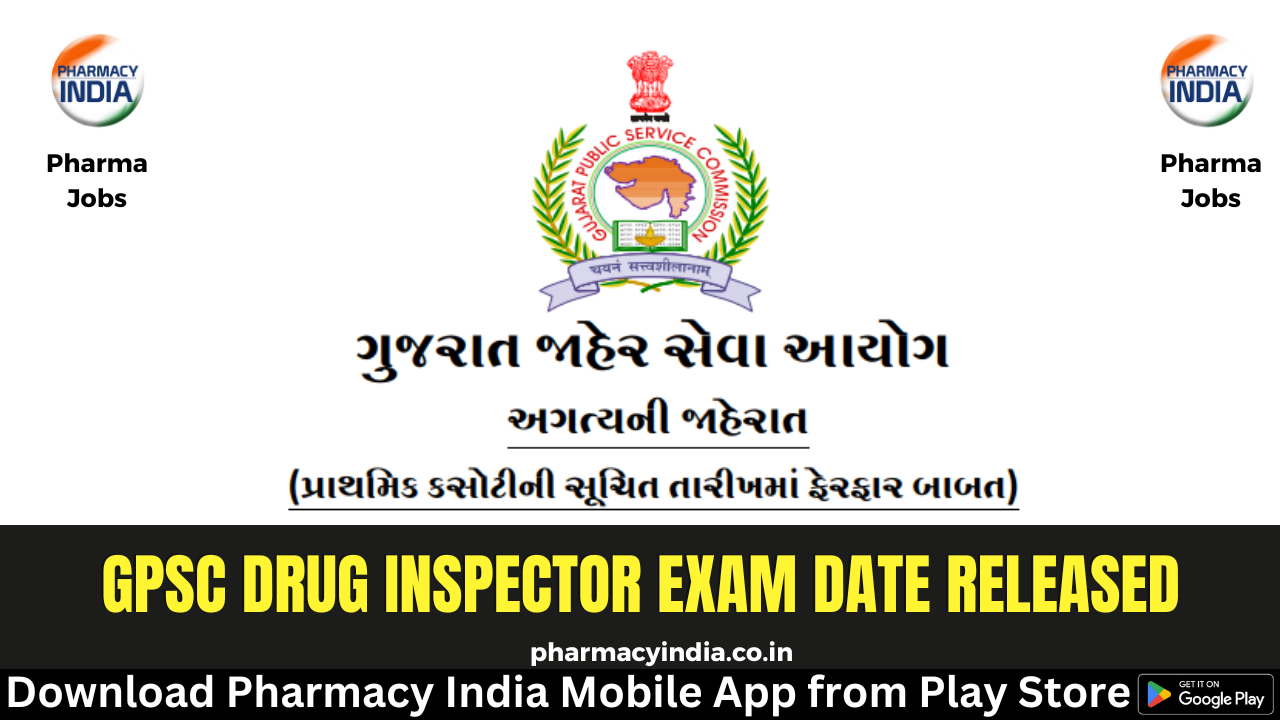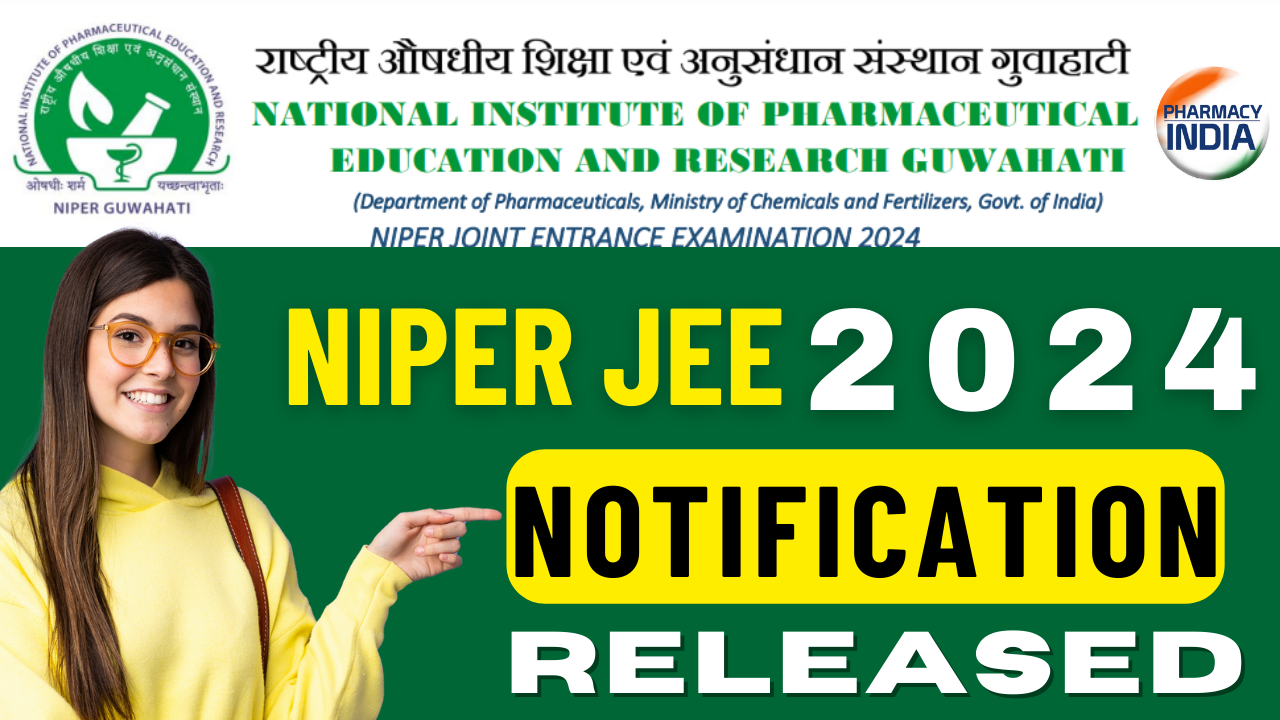As the anticipated Draft National Pharmacy Commission Bill, 2023, prepares to replace the longstanding Pharmacy Act, 1948, substantial clarifications and transitional provisions have emerged, shedding light on the future of pharmacy regulation in India. The draft Bill explicitly outlines that while the Pharmacy Act, 1948, will be repealed upon the new enactment, the educational standards, requirements, and other provisions of the original Act will persist until new standards are specified under the new Bill. This forward-looking approach aims to ensure a seamless transition without compromising the existing educational framework.

According to the draft, the President and members of the Pharmacy Council of India (PCI) may face the dissolution of their respective offices, but some employees might receive an extension for up to six months after the new Bill’s enactment, serving as an interim arrangement. The Bill states, “Notwithstanding the repeal of the Pharmacy Act, 1948, the educational standards, requirements and other provisions of the said Act and the rules and regulations made thereunder shall continue to be in force and operate till new standards or requirements are specified under this Act or the rules and regulations made thereunder.”
This provision ensures that any actions or decisions related to educational standards and requirements under the original enactment will be deemed valid under the new Act until superseded. Crucially, the Draft National Pharmacy Commission Bill designates the Commission as the successor to the Pharmacy Council of India, inheriting all assets and liabilities. This move is intended to facilitate a smooth transfer of responsibilities and resources from the PCI to the newly formed Commission.
Additionally, the Bill clarifies that orders, licenses, registrations, permissions, recognitions, or any other approvals granted under the Pharmacy Act, 1948, will remain valid until their expiry. This provision ensures continuity and stability in various aspects of pharmacy practice and education. The dissolution of the Pharmacy Council of India is a significant step outlined in the Bill. However, the draft carefully safeguards acquired rights, privileges, and obligations, ensuring that previous operations and legalities remain unaffected.
As part of the transitional process, compensation, fees, and allowances for the premature termination of office will be granted to the President and Members of the Pharmacy Council of India. Furthermore, employees appointed on a regular basis by the Council will continue their services for an interim period of six months post-enactment. In conclusion, the Draft National Pharmacy Commission Bill, 2023, aims not only to modernize pharmacy regulation but also to ensure a seamless transition, preserving the integrity of existing standards and safeguarding the interests of all stakeholders involved in the pharmacy ecosystem in India. Stay tuned for further developments as this transformative legislation progresses.
<<<<<<<<<<<<<MORE NEWS>>>>>>>>>>>>>>>>
| NIPER PhD Scholars Revised Fellowship approved by Department of Pharmaceuticals |
Click Here |
| Redwing & Samridh Launches Groundbreaking Drone Network for Healthcare Delivery in Odisha’s Rayagada District | Click Here |
| Unlocking the Sleep-Health Connection: Chronic Sleep Deficiency and Increased Insulin Resistance in Women, Especially Postmenopausal | Click Here |
| National Pharmacy Commission Bill Introduces Pharmacy Advisory Council for Enhanced Regulation | Click Here |
| Health Ministry Unveils Draft National Pharmacy Commission Bill 2023 – What You Need to Know | Click Here |
| The NPPA Sets a Price Cap on Nine Planned Formulations, one of which is a Medication for Brain Cancer | Click Here |
<<<<<<<<<<<<<JOIN US>>>>>>>>>>>>>>>>
| Subscribe our PHARMACY INDIA Youtube Channel for more Pharma Updates | Click Here |
| Follow us on Instagram | Click Here |
| Download PHARMACY INDIA MOBILE APP from Google Play Store | Click Here |
| Follow us on LinkedIn | Click Here |






